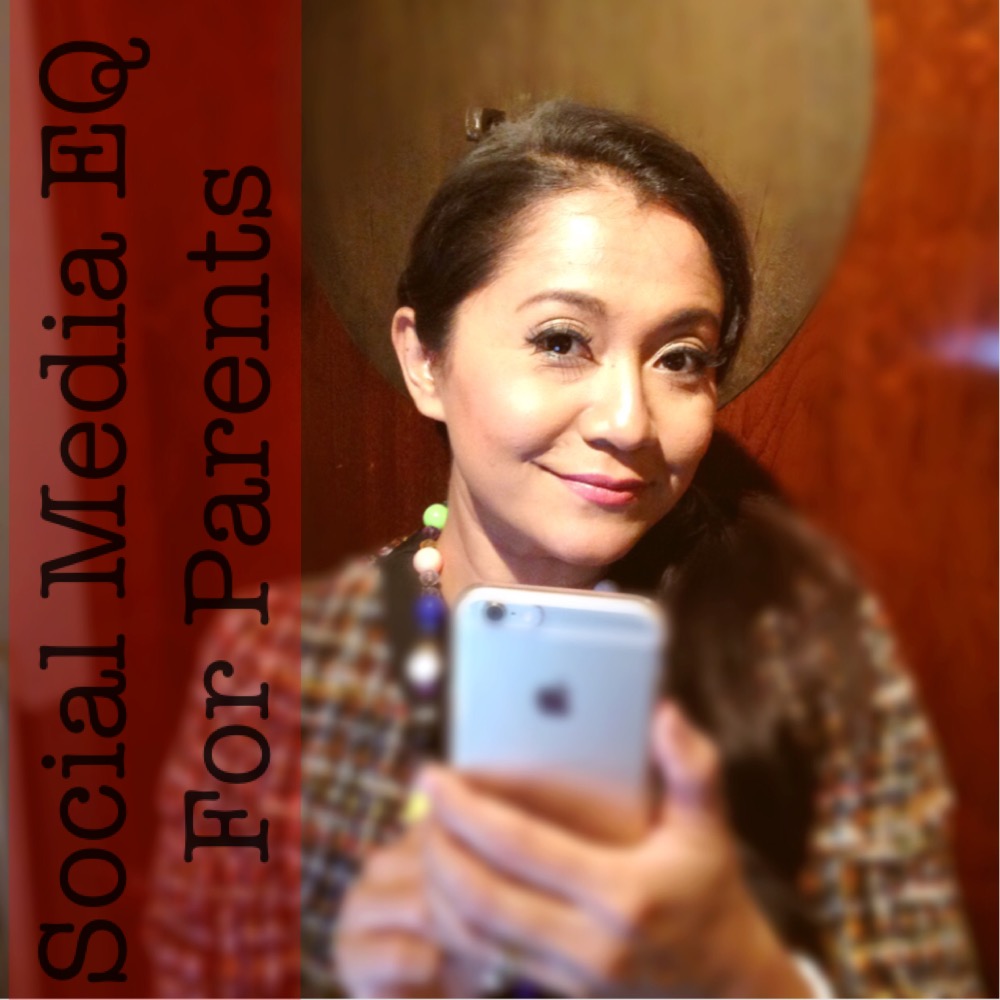Social Media EQ for Parents- 8 Top Tips
What Is It That I Do Exactly with NLP? Explained By The Founder Himself.
Tuesday, 16th September 2014
What Christmas Mean to Me and My Family- Our Story
Thursday, 25th December 2014Social Media EQ for Parents- 8 Top Tips

Recap:
1) Social Media is NOT social life.
Please remind our kids about face to face socialising. Personal interactions are very important in character building and in their future social and professional life. Social interactions is the building block of a mature EQ (Emotional Intelligence) character. Please allow them also the opportunity to spend time with friends, probably under your guidance. And lead by example. You, as a parent, must also show that your own social interactions are important to you.
2) Celebrities and personalities are NOT our friends.
It does get exciting for a young person to be able to interact with someone who in ‘our’ time would be difficult to get in touch with. AT the click of a keypad, they are suddenly ‘pally’ with their favourite stars or personalities. Just because they are polite enough to reply, remind them they shouldn’t assume they can cross the line and talk to these stars like they’ve known them intimately.
3) NOTHING is private or secret once it’s typed and you have pressed ‘Publish’.
Many people, young and old alike, mistakenly believe that they can hide behind a persona or a fake profile, and say things they would never say in person to someone else. Remind our children: Always remember to only write and post what can be defended if ever it comes to a court of law – it has happened and will continue to happen, as long as there are lawyers practising law.
4) Be aware of online trolls.
These are people whose online ‘job’ is to incite hatred and ‘flame’ others into reacting negatively and really unnecessarily. Your kids will be goaded into online heated discussions and before they know it, they are being bullied into something beyond normal discussion. Don’t get into an online war of words with these trolls. It is just a waste of time. Your kids’ time should be more preciously spent than spending it with people who really have no interest in calm, intelligent discussions.
5) Be aware of paedophiles or online “groomers”.
This is a very, very sensitive topic but it must be discussed by responsible parents. There are such a thing as online grooming and it’s a growing problem. A lot of these people (mainly men based on current data) will assume the persona of a young person of similar age as their ‘target’. They are not who they claim they are. They are patient enough to spend months and months gaining the trust of their young prey. They might send gifts to your child, and they will certainly look for ‘chinks’ in your child’s confidence armour to strike later. Teach your children to watch out for inappropriate questions and suggestions. As mentioned, a lot of these interaction will happen in private messages, rarely on public walls or open tweets.
6) Be aware too, of the inappropriate acting ‘friend’.
These are typically teenagers or other youths they might have come into contact with either through school or social activities. And because they are of similar age, your children’s guards could be down. Remind them of the important aspect: no sending of photos that they can regret later. These days you have apps like Snapchat, which they think are safe as the photos or videos ‘self-destruct’ after it’s been read by the intended recipient. Sadly there are also apps (anti-Snapchat) that can save these supposedly ‘safe’ options.
7) Never send out or share intimate photos!
Photos can be and have been used to intimidate or bully the sender into doing more and other inappropriate things. Suddenly your child is a blackmail victim. Please remind our children that their body is a temple. It is and should be a sacred place. Only at the right moment and with the right person should it be revealed (which you would agree will come much later). This again, comes back to you parents having a frank heart to heart talk to your kids about the birds and the bees; the emotional version.
8) Be aware of the words we use online.
When we meet someone in real life, we have to remember that first impressions are made up of 55% our visual presentations, 38% our body language and only 7% our words. So in the absence of vocal tones and body language, we are left with just our words to be judged on. Even though I don’t agree with judging people by just a few simple words they write online, especially someone we don’t know, many people do judge. A simple sentence like ‘why do you do that?’ can be negatively or positively taken. It all depends on the mood and personality of the person reading their posts. How the person perceives our words online has more to do with them than us. Please let your children know this important aspect. Lots of adults still make the mistake of taking a lot of posts online personally when they are not. If adults make this mistake, how can we expect children to know better?
If this topic has greatly moved you or made you think, there are lots of resources out there for you. I am also happy for you to get in touch with me if you have more questions. I am passionate about Emotional Intelligence (EQ) and it is under rated as a tool for life’s success. I am available for personal or group coaching and also workshops. Email me here: coach@arnierozahkrogh.com

